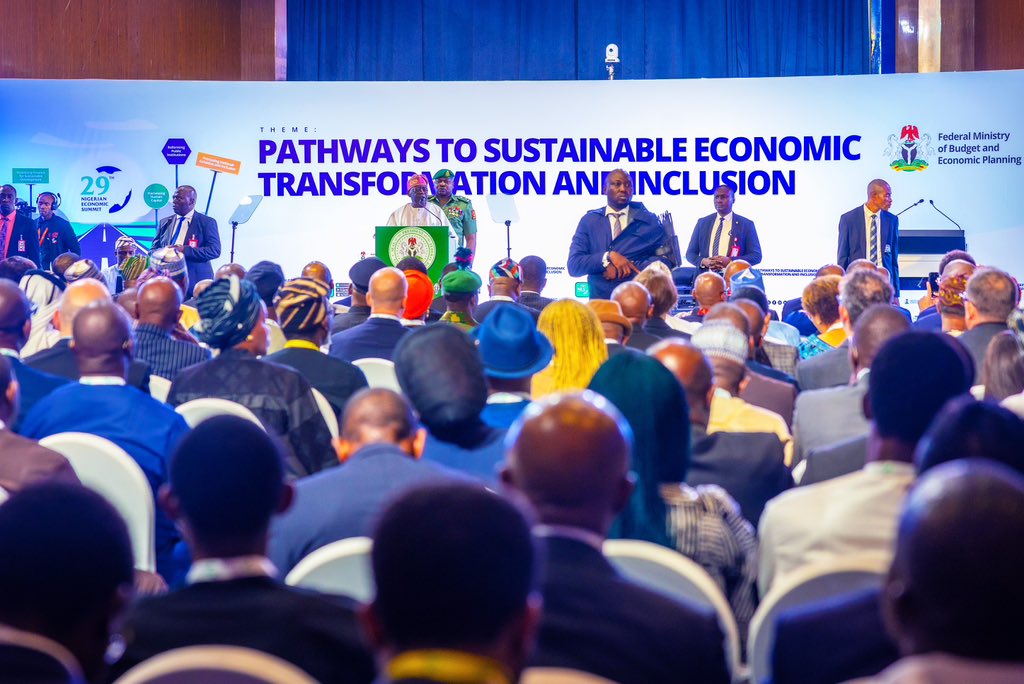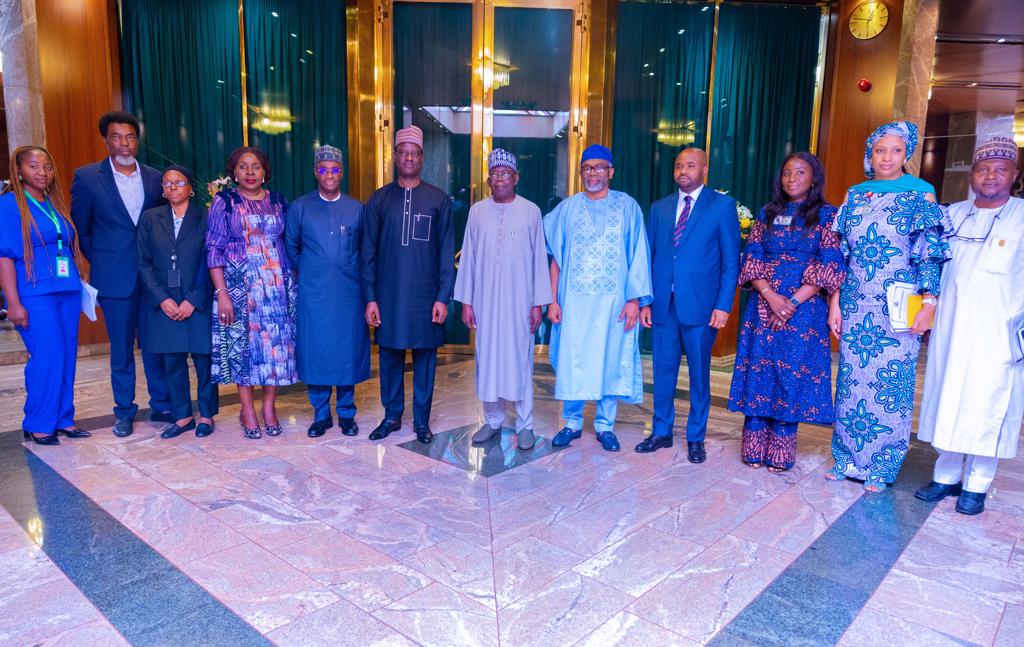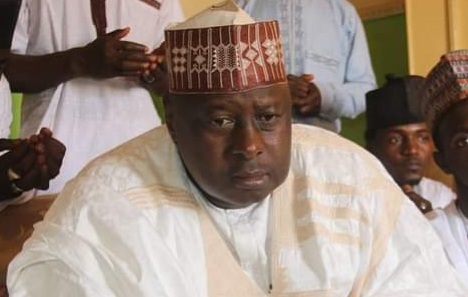When the African Continental Free Trade Agreement (AfCFTA) was adopted, on the 21st day of March 2018, up to the day the last of the current 54 signatories ratified it, on the 5th day of February 2021, none of the countries appeared ready to loosen its border restrictions, to allow for freer movements of people, goods and services, across borders, than they had ever done in the past. As a matter of course, trade agreements would, no doubt, exist among different African (and with non-African) countries before the birth of the AfCFTA.
Hence, its promoters advocated a single “Custom Union” for Africa, as in the European Union, with a view to eliminating, or at least, minimising, whatever barrier, such pre-existing agreements might pose to trading; this is so that, hindrances to free movement of people, goods, and services could be reduced, or eliminated altogether. But one does not need a soothsayer to know that there would be serious economic, and diplomatic disconnects between, and among countries of the continent, as a result of those existing agreements which individual national governments had (pre-2018) with one country or the other. And, come to think of it, each of the agreements has its own unique terms and conditions. Some, for instance, have to do with history and tradition, especially those with colonial masters.
The fact that, each and every one of them has, expectedly, signed one bilateral (or multilateral) trade agreement, or another, limits their ability to fully open up their respective borders for much AfCFTA-driven economic interactions.
But, as expectations, and enthusiasm continue to rise about AfCFTA, and its potentials, the reality, of the need for there to be, somewhat, unrestricted movement of people, goods, as well as services, becomes more manifest. It becomes very obvious that, nothing tangible would ever be achieved, if impediments, like restricted movement of people (Africans) across borders within the continent, among others, are placed in the way of “human agency”. This is talking about the human agency required to drive the vision of an afro-centric trade, and economic integration that would usher in a shared prosperity among the people of the continent, as intended by the masterminds of AfCFTA. For instance, how will the people of Nigerians enjoy Ethiopian coffee, within the framework of AfCFTA, if Ethiopian traders are “restricted” from coming in to Nigeria, with their goods? The same goes for the people of Ethiopia; how will they consume Nigerian Gari, if Nigerian traders have restricted movements in to, and out of their (latter’s) country?
Advertisement
This much, I believe, must have been realised during (if not before) the pilot scheme of the “Guided Trade Initiative” (GTI), through which the first shipment of goods from one African country to another, within the framework of AfCFTA. It (the GTI) involves eight countries, namely, Ghana, Kenya, Rwanda, Tanzania, Egypt, Mauritius, Cameroon, and Tunisia. The first three countries (Ghana, Kenya, and Rwanda) have received shipments of goods from one another, under the initiative, midwifed by the AfCFTA Secretariat in Accra, Ghana, around November 2022. That was one of the most heart-warming news about AfCFTA to date. More and more countries are expected to join in the days ahead. But African governments, collectively and collaboratively, must be deliberate about removing any obstacle, real or imagined, capable of hindering smooth trading among their people, irrespective of their nationalities, and the markets in which they intend to trade their goods or services within the continent. This will ensure the efficiency of the human agency that the free movement of people would facilitate.
For there to be an effective intra-African trade, which is expected to benefit the people of the continent, to an estimated tune of $70 billion, the people (Africans) must not only be free to move from one African country to another, but must also be seen to be free, and affordably so do. That is why, I felt nothing but joy, when I read in the news that, Ghana and South Africa have signed a visa-free agreement, announcing a “visa waiver” for nationals of each of the two countries, who are holders of ordinary passports to move, “visalessly” within the two countries, and stay up to 90 days on each other’s territory, before being mandated to apply for visa. It is expected to take effects from November 1, this year. That, I must say, is a very basic, and strategic move, that is in line with the vision of the founding fathers of Africa, as represented by no less important figure than the great “Osagyefo”, late (Dr.) Kwame Nkrumah (Ghana’s first post-independence President, whose dream it was, for there to be one, and “United State of Africa”. A community of sort. It is also in tandem with the vision of Africa becoming a single trading bloc, which gives it a much stronger bargaining power, while negotiating trade at the global level.
So, it is good to note that prominent countries who are signatories to the AfCFTA are beginning to take such a positive step, having realised that, without free movement of people, the required human agency to actualise the dream of trade integration in Africa will remain impotent. That the United States of America is a great (if not the greatest) nation (on earth) today, is not unconnected with their somewhat liberalised immigration policy, through their annual visa lottery which allows talents from every nook and cranny of the globe to come in and contribute towards their national development. They also make it easier for people from countries identified as their trading partners, to come in to, and go out of America with their merchandise, than those from other countries.
Advertisement
Ghana and South Africa, having set a good example, by way of this mutual visa waiver for their nationals. It would, therefore, only be to the benefit of the Africa’s regional integration, trade, and economic development, for the rest of the continent to follow suit, especially, the 52 other signatories to the African Continental Free Trade Agreement. That should be the next step, once other issues like common Customs Union, single currency, or the effective deployment of the Pan-African Payment and Settlement System (PAPSS) have been sorted so that the ball can, at once, be set rolling. Africa can no longer afford to wait to be set on the path of the long-promised economic prosperity, given the worsening living condition of the majority of its people, vis a vis, its natural endowments – material and human resources.
Remember, the African Continental Free Trade Area (AfCFTA) comprises 54 countries (with only Eritrea, yet to ratify the agreement), which makes it the largest in the world in terms of number of member-nations, after the World Trade Organisation. Now, imagine, how much of economic benefits it would be, if it is made to work like that of the European Economic Community (now subsumed in the European Union, since 1993). A community where national borders are blurred by exigencies of regional integration with a view to forming a single trading bloc, with one Customs Union. A region of “Common Market”, where nationals of the member-countries have such freedoms as of trade, of movement, and of all factors of production like labour is allowed. That is a journey of a thousand miles, starting with a (significant) step. And Ghana in collaboration with South Africa have taken the giant step, by this agreement, of mutually waiving visa requirements for holders of ordinary passport from their respective countries. The earlier, the better for Africa. After this, the next item on the agenda should be how to significantly lower the cost of moving from one part of the continent, to the other. The cost of flying from one part of Africa to another is, in some cases, higher than, flying from Africa to Europe. It must not be so, if we must realise the objective of making Africa a vibrant, single trading bloc that would command the respect of prospective trading partners around the globe.
Abubakar writes from Ilorin, Kwara state. He can be reached via 08051388285 or [email protected]
Advertisement
Views expressed by contributors are strictly personal and not of TheCable.
Add a comment






